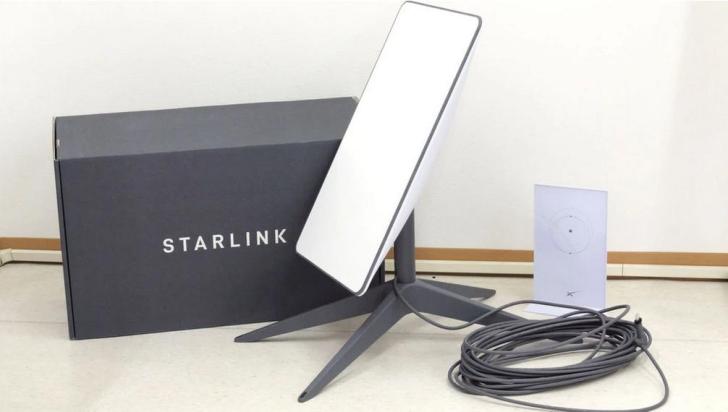News / National
Starlink rocks Zimbabwe market
11 Sep 2024 at 10:59hrs |
0 Views

The entry of SpaceX's Starlink into the Zimbabwean market is poised to shake up the telecommunications sector, potentially leading to significant changes in service delivery, cost structures, and overall market dynamics.
Starlink, a major player globally with its high-speed, low-cost satellite internet service, is set to introduce a new level of competition in Zimbabwe. Backed by SpaceX and its founder Elon Musk, Starlink offers the advantage of a lower cost structure and high-quality service, supported by its vast technological capacity and global scale.
For Zimbabwean consumers, the arrival of Starlink promises more affordable internet access. However, this move will also compel local telecom and internet service providers to reevaluate and potentially adjust their operations to remain competitive. Currently, local providers are restricted to charging in Zimbabwean dollars, despite incurring costs predominantly in foreign currency. In contrast, Starlink will operate in US dollars, aligning with its international business model.
Local telecom companies face severe forex challenges, which hinder their ability to expand and upgrade infrastructure. According to the Postal and Telecommunications Regulatory Authority of Zimbabwe (Potraz), these constraints lead to higher costs for local services and limit their reach, especially in rural areas.
Potraz Director-General Gift Machengete highlighted that the telecom sector is capital-intensive and heavily reliant on foreign currency for network expansion and upgrades. "The sector continues to grapple with insufficient foreign currency for essential investments," Machengete said. He also noted that operational challenges, such as frequent power outages, further strain the sector's viability and growth.
In response to these challenges, telecom companies have been permitted to adjust their tariffs multiple times over the past year. These increases, implemented in February and April 2023, have sparked public discontent, as many Zimbabweans struggle with economic hardships. Potraz has defended these tariff hikes by citing the financial pressures faced by telecom providers, despite the widespread use of mobile money transactions in US dollars.
With Starlink's entry, the landscape of internet services in Zimbabwe is expected to transform, bringing both opportunities and challenges for local providers and consumers alike.
Starlink, a major player globally with its high-speed, low-cost satellite internet service, is set to introduce a new level of competition in Zimbabwe. Backed by SpaceX and its founder Elon Musk, Starlink offers the advantage of a lower cost structure and high-quality service, supported by its vast technological capacity and global scale.
For Zimbabwean consumers, the arrival of Starlink promises more affordable internet access. However, this move will also compel local telecom and internet service providers to reevaluate and potentially adjust their operations to remain competitive. Currently, local providers are restricted to charging in Zimbabwean dollars, despite incurring costs predominantly in foreign currency. In contrast, Starlink will operate in US dollars, aligning with its international business model.
Local telecom companies face severe forex challenges, which hinder their ability to expand and upgrade infrastructure. According to the Postal and Telecommunications Regulatory Authority of Zimbabwe (Potraz), these constraints lead to higher costs for local services and limit their reach, especially in rural areas.
Potraz Director-General Gift Machengete highlighted that the telecom sector is capital-intensive and heavily reliant on foreign currency for network expansion and upgrades. "The sector continues to grapple with insufficient foreign currency for essential investments," Machengete said. He also noted that operational challenges, such as frequent power outages, further strain the sector's viability and growth.
In response to these challenges, telecom companies have been permitted to adjust their tariffs multiple times over the past year. These increases, implemented in February and April 2023, have sparked public discontent, as many Zimbabweans struggle with economic hardships. Potraz has defended these tariff hikes by citing the financial pressures faced by telecom providers, despite the widespread use of mobile money transactions in US dollars.
With Starlink's entry, the landscape of internet services in Zimbabwe is expected to transform, bringing both opportunities and challenges for local providers and consumers alike.
Source - newshawks
Join the discussion
Loading comments…
































